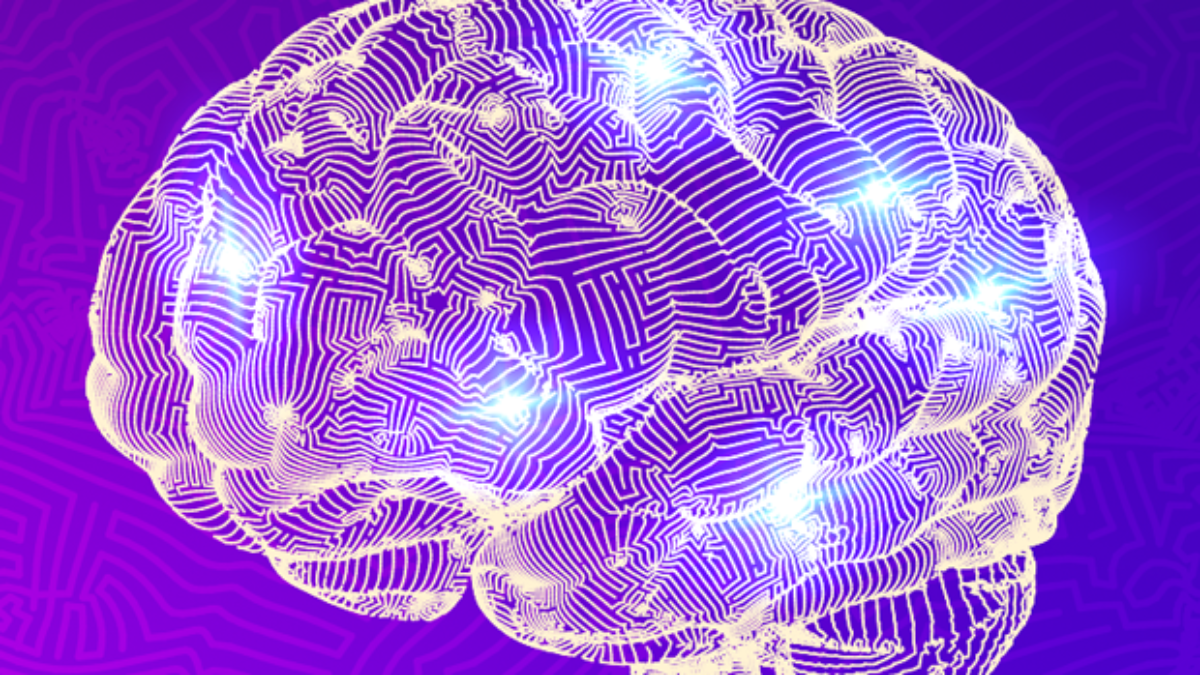“Brain Tumor” the most complicated and unsolved human part to date. From minor decisions to major ones, all of them are taken here. For example, whether to drink tea or coffee to major decisions like investing your money to take practical steps for your career.
When cells in your brain starts growing abnormally and create a collection, or masses of the cells, it is called brain tumor. It can grow at different places inside your skull.
A brain tumor is not something you can relate with age or gender, it can happen from children to adults. A person can be diagnosed with brain tumors, including cancerous (malignant) and noncancerous (benign).
It has become more common these days to be diagnosed with brain tumors, in humans and there are more treatment options available too. Survival rate of a patient with brain tumor depends on the type and stage of cancer. And in most cases, meningioma tumors are often benign.
World brain tumor day is observed on the 8th of June every year to make an awareness about the headline-making disease.
5 Things you need to know about Brain Tumors:
Brain Tumors does not have a fixed place to grow in your skull:
A brain tumor is a collection of abnormal cells, and this collection can occur at any place inside your skull. And when something abnormal happens or grows inside the human skull, it creates serious concerns that need to be looked after immediately.
Brain Tumors and their symptoms depend on their size and location:
Size does matter when it comes to a brain tumor. For example, suppose someone is diagnosed with a giant brain tumor that can block the flow of cerebrospinal fluid; they are exposed to more risks of getting diagnosed with hydrocephalus (excess water accumulation in the brain) which can severely impact a person’s gait and memory.
Brain tumors shows symptoms such as headaches, vision problems, or seizures. However, a severe headache is a serious symptom of a brain tumor or any other health concern.
Different tumor locations in the brain come with different impacts on humans, such as affecting their sense of smell, vision, hearing, or even the function of their pituitary gland.
You may get to know about malignant brain tumors while getting treatment for other illnesses:
In most cases, getting diagnosed with malignant brain tumors are incidental. For example, you may be diagnosed with a brain tumor while getting treatment for a head injury or other neurologic problem.
As you were diagnosed with a malignant brain tumor, your doctor will suggest tests according to it, and its results will further guide you to get an appointment with a neurosurgeon and get a helpful piece of advice from them.
The neurosurgeon then analyzes the data and will suggest removing the tumor or just watching and waiting for it to grow.
Every Malignant Brain Tumors will not spread:
It can be a drastic change of life for someone to be diagnosed with a brain tumor, but not most are benign, which means these abnormal cells will not spread further to other body parts.
As a result, meningiomas can silently grow inside your skull, and you won’t know about it until it becomes large enough that the brain will start restricting its movement.
Brain Tumors treatments: Is surgery the only option?
Expert medical professionals sometimes suggest that brain tumor patients wait and go under regular check-ups and MRIs, especially when the tumor is small.
Otherwise, If the tumor is large, the only option to remove it is to undergo a well-planned surgery. The surgery procedure will include many aspects to consider, and the expert surgeons will plan each thing carefully.
The tumor’s location is essential and plays a vital role in the procedures followed. For example, tumors near the surface are more accessible than those along the skull base.
One of the best practices that surgeons follow is using a camera-assisted tube that carefully moves brain tissues aside and helps remove the tumor. This procedure will allow patients to recover faster.
Myths & Facts About Brain Tumors:
- Myth: Young people are immune to brain cancer.
- Fact: brain tumors have nothing to do with the age of humans. It can occur to anyone at any age.
- Myth: Treatments for a brain tumor is general and common for all patients.
- Fact: Treatment for brain tumors ultimately depends on the tumor’s location, size, and type.
- Myth: Severe headaches and vision problems indicate a brain tumor.
- Fact: Not all patients diagnosed with typical symptoms of severe headaches and blurred vision symptoms are diagnosed with brain tumors. There are many other cases in which you may experience severe headaches.
- Myth: Brain tumors are caused by excessive use of cell phones.
- Fact: Researchers and doctors have not found any significant cause of brain tumors due to cell phones.
A brain tumor is unpredictable which includes fatal risks and impacts quality of life. Survival rates are significantly higher, but many patients still die with brain tumors due to lack of proper timely treatment.
When anyone is diagnosed with a brain tumor, they should not hesitate to ask questions to their healthcare providers.
- What type of tumor is it?
- What will be the procedure for treatment, or what type of treatment is suitable for me?
- Will those treatments cause any side effects?
Got questions?
Ask our QurBook’s expert medical professionals to find the best-in-class solutions for your disease

